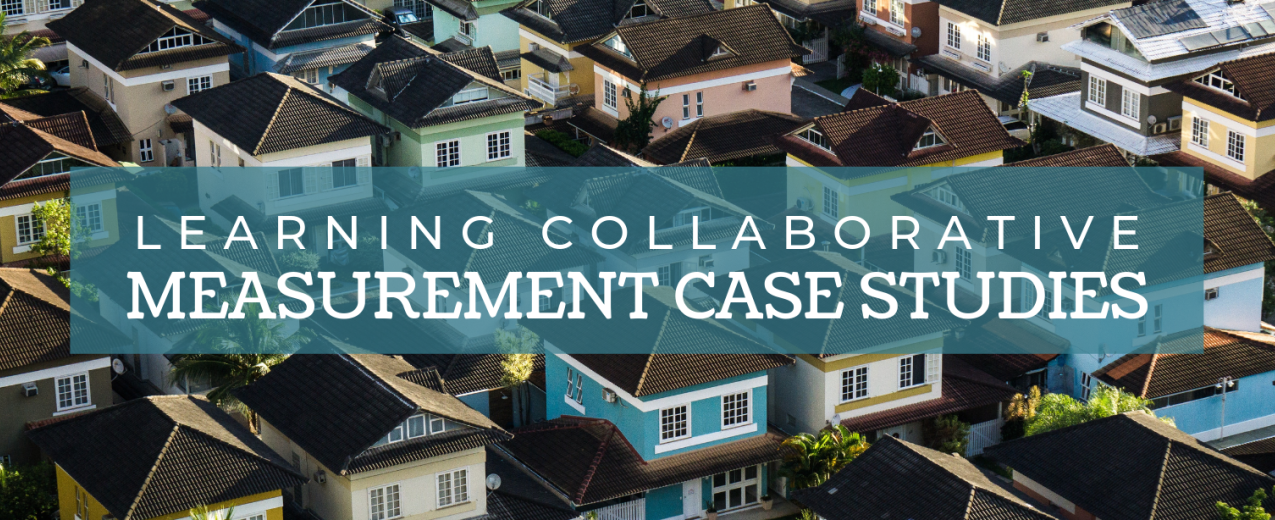
- Project summary
- 30 April 2019
Organizations involved
Promundo and multiple local implementing partners
Summary
In 2002, four Latin American NGO partners launched a comprehensive process to engage young men in changing inequitable and violent norms related to masculinity called Program H – “H” for homem or man in Portuguese and hombre in Spanish. Since then, the partners – Promundo, ECOS, and Instituto PAPAI in Brazil, and Salud y Género in Mexico – and new organizations have continued adapting, implementing and evaluating Program H in diverse settings internationally.
Recognizing the need to work with and empower young women alongside men, and based on input from female partners of Program H participants, Promundo and partners launched Program M in 2006. Named for mulheres and mujeres, the words for women in Portuguese and Spanish, Program M engages young women in similar critical reflection about gender norms and empowerment. Promundo and partners recommend using the two approaches together and including specific discussions on sexual diversity and homophobia. The programs have been adapted and implemented on a global scale.
Social norms of interest
Gender equity, IPV, sexuality
Behaviours of interest
GBV, FP use, sexual activity, sexual harassment
Project components
The programs involve community-based education sessions and activities focused on gender, sexuality, reproductive health, parenthood and caregiving, violence prevention, emotional health, and HIV/AIDS. Program is adapted to each community’s gender norms, which are identified via a needs assessment. The program curriculum is also then integrated with other community action strategies. Activities and group education sessions then follow, which include youth being linked to community-based resources.
Key findings to date
Program M has resulted in greater acceptance of domestic work as men’s responsibility, improved relationships with friends and partners, high rates of condom use, and lower rates of sexual harassment. Past evaluations of Program H have shown increases in self-reported condom use, knowledge and communication about SRH, self-efficacy, decreases in self-reported STI symptoms and drug use, and more positive attitudes towards people living with HIV.
Program H has been named a best practice in promoting gender equality and preventing gender-based violence by the World Bank and the World Health Organization and has been cited by UNICEF and the United Nations for its effectiveness. It has also been commended by the Pan-American Health Organization, UNDP, and UNFPA. It has been officially adopted by ministries of health in Brazil, Mexico, Chile, and Croatia, among other countries. Most recently, the U.S. adaptation of Program H called Manhood 2.0 was implemented and evaluated as a teen pregnancy prevention program.

Map of social norms-focused projects and measurement approaches
- Data collection methods:
- Survey, Scales, Interview, Focus group